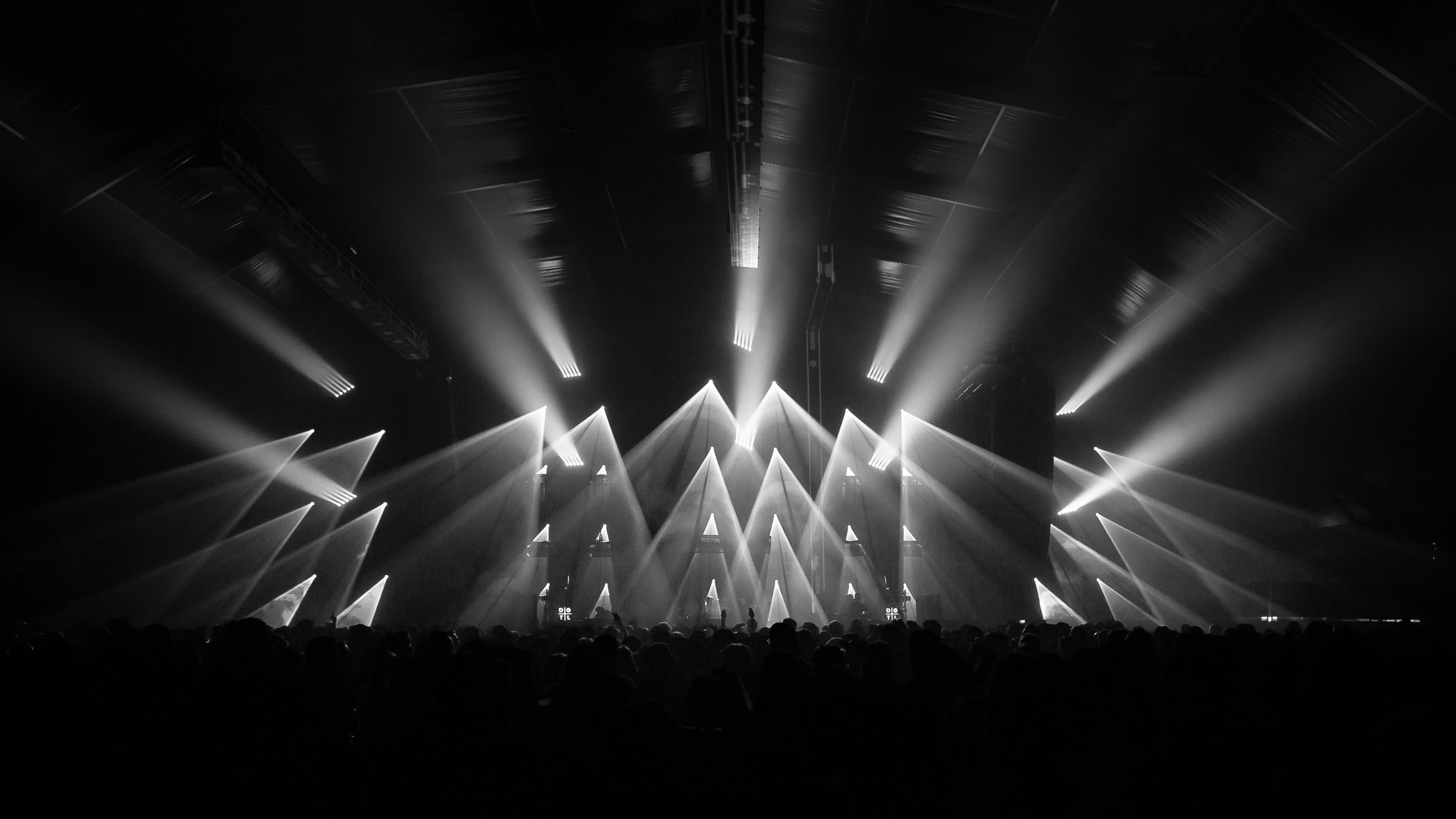

An Enemy Of The People Tickets
Up to 30% Off Compared to Competitors.
Location: Select Location (e.g, New York)
Events Nearby
We're Sorry. There are currently no events near you.
About An Enemy of the People
In recent years, An Enemy of the People has seen a resurgence in productions worldwide, often in response to contemporary social and political issues such as climate change, public health, and the erosion of democratic values. The play's themes remain incredibly relevant, with adaptations that reflect today's challenges. Recent performances have utilized innovative staging and technology to bring Ibsen's narrative to life for modern audiences. Various theatre companies have also engaged in community discussions following performances, encouraging dialogue about the ethics of science, leadership, and the importance of standing up for one’s convictions despite the consequences. This engagement has not only revitalized interest in the play itself but has also positioned it as a platform for contemporary social activism within the arts. Upcoming theatrical festivals and competitions continue to include An Enemy of the People, ensuring its legacy and influence on future generations of theatre makers and audiences.
An Enemy of the People History
An Enemy of the People, originally penned by Norwegian playwright Henrik Ibsen in 1882, is a seminal piece of theatre that resonates with contemporary societal issues. The play revolves around Dr. Thomas Stockmann, a health officer in a small town, who discovers that the local baths — a crucial source of income for the town — are contaminated. Instead of being celebrated for his findings, Stockmann faces ostracism from the community and his own family as he stands firm against the majority who prioritize economic stability over public health. Ibsen's work is a powerful exploration of individual morality versus collective opinion, challenging audiences to consider the cost of truth in the face of societal pressures. Ibsen's innovative narrative structure and character development were groundbreaking at the time, and the play has been adapted and interpreted in various forms across the globe, cementing its place in the canon of modern theatre.
